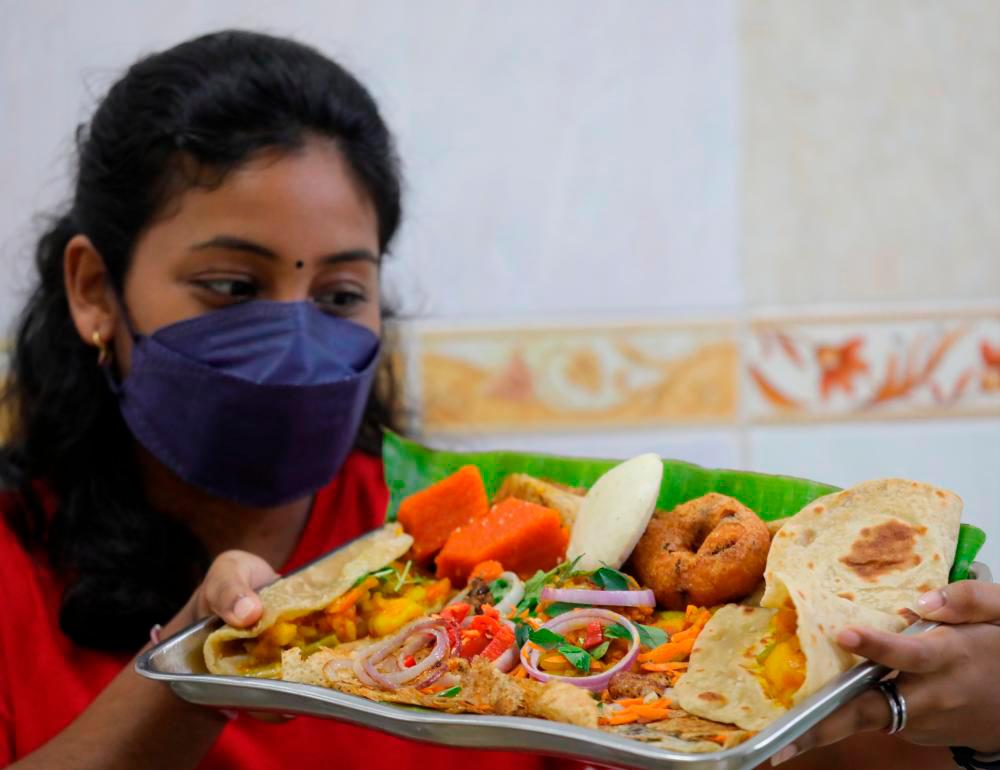PETALING JAYA: Natural disasters are occurring more frequently while food security continues to be a national and global issue, no thanks to climate change.
Malaysian Vegetarian Society president Datuk Pishu Hassaram said the carbon footprint impact on a vegan diet is less than a third of a heavy meat eater’s diet, which is more than 100g per day.
The carbon and water footprints of animal-based proteins are twice to 100 times higher than plant-based proteins like tofu, tempeh and lentils.
“Studies from the UN Food and Agriculture Organisation (FAO) have found that for the same hectare of land, a vegan diet can feed 14 times more people, making it a very efficient and altruistic way of using the scarce resources of
the planet.
“Furthermore, animal agriculture causes major pollution issues that are killing habitats, especially marine ecosystems of rivers and bay areas of the oceans.
“It is the major contributor to the dead zones in the ocean. About 30% to 50% of plastics and microplastics found in the ocean are from discarded equipment from the fishing industry. This is hard to regulate,” he said.
Aside from eating less meat, Pishu encourages people to contribute their part to preserving the environment by practising zero waste, reducing plastic usage and planting more trees.
Environmental Protection Society Malaysia president Nithi Nesadurai said animal husbandry is hugely damaging to the environment and climate.
“The FAO estimates that global livestock production represents 14.5% of all greenhouse gas emissions. Beef production is particularly responsible for 41% of deforestation.
“Vegetable farming has an incomparably lower environmental impact compared with livestock farming.
“There is also a need to reduce the over reliance on agrochemicals such as chemical pesticides and fertilisers, and transition to organic vegetable farming.”
Nithi said the current model of livestock production is unsustainable for the environment and food security.
“There is also the question of our humanity. While almost one billion people go hungry every day, nearly 40% of the world’s grain is fed to livestock instead of being consumed directly by humans. Some 800 million people could be fed with grain that livestock consume.
“Apart from preserving the environment, evidence shows that vegan and vegetarian diets are also better for human health compared with meat-based diets,” he said.
Nithi, who is also Climate Action Network Southeast Asia director and regional coordinator, said there are numerous ways an individual can contribute to the environment.
“These include reducing the use of electricity and water, public transport and avoiding the use of plastics and polystyrene.
“One can also reduce personal consumption to what is needed and not what is wanted.
“We can do this by eating less meat and buying locally produced food,” he said.
Nithi recommends that the public visit www.footprintcalculator.org and measure their ecological footprint to see how much of the Earth’s resources they are consuming.









